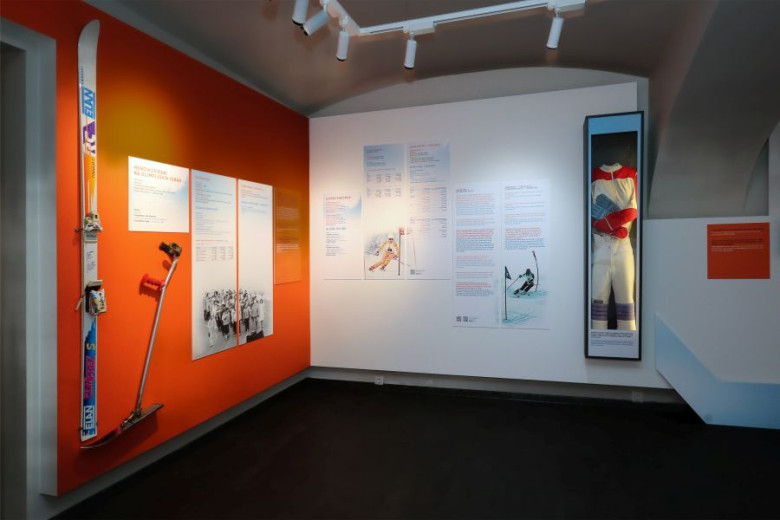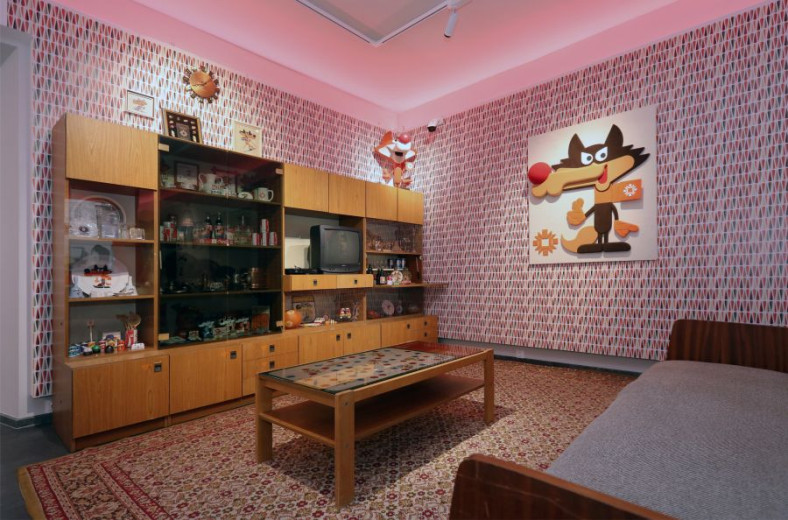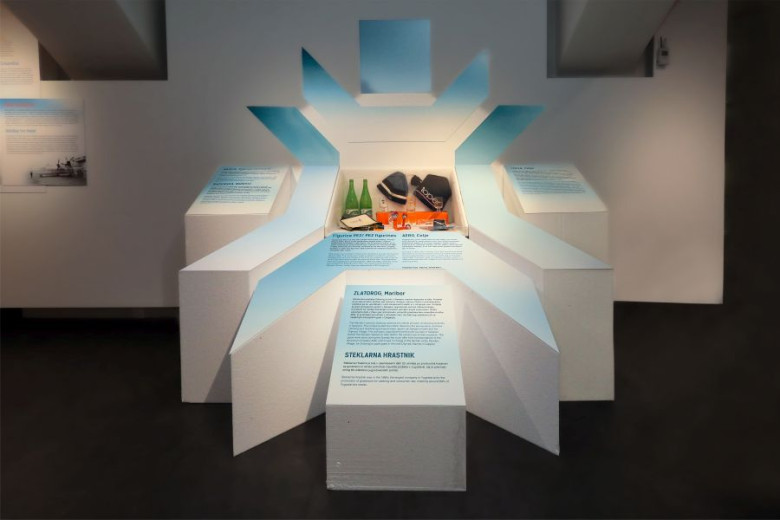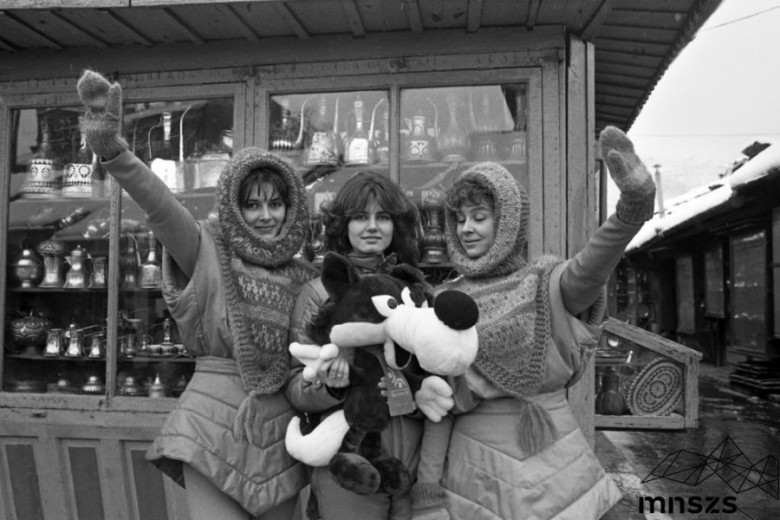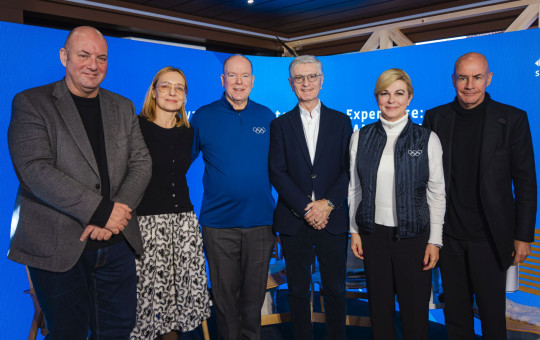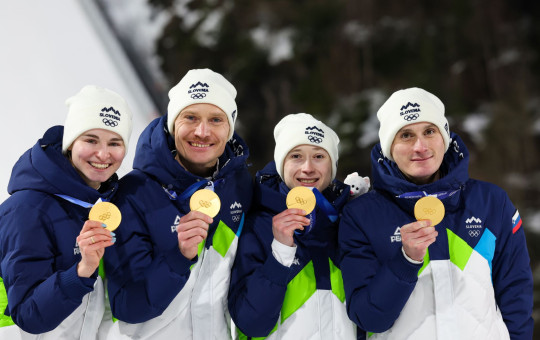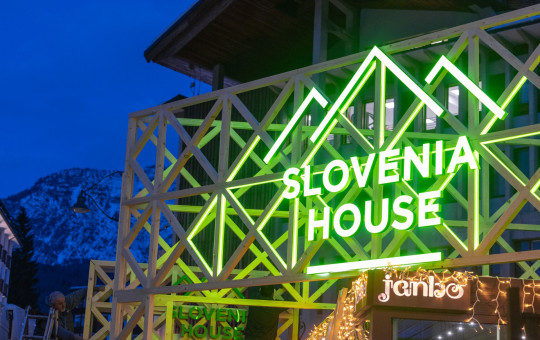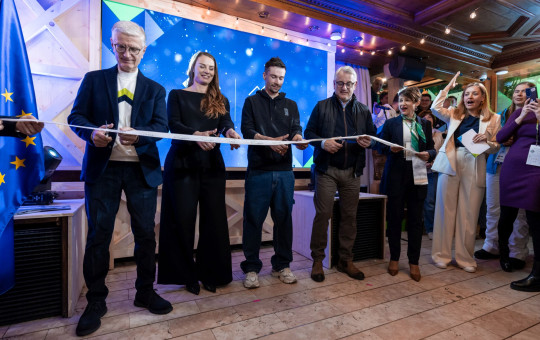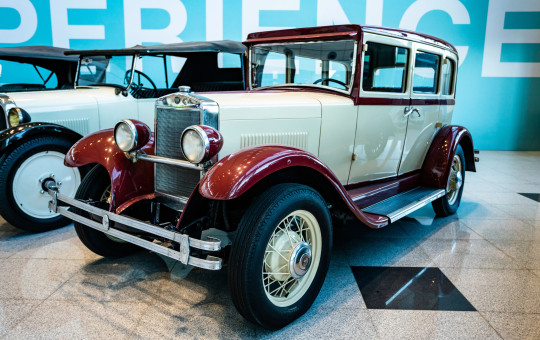Date: 2. February 2024
Time to read: 4 min
Four decades ago, Sarajevo hosted the Winter Olympic Games. Slovenia and Slovenians played a significant role in the preparations, construction of facilities, and, of course, on the sports arenas. And did it more than successfully.
To commemorate the anniversary of the 1984 Silver Games, the Museum of Contemporary History of Slovenia has curated a special exhibition showcasing the role of Slovenians throughout the entire Olympic event. The exhibition will be open until May 5, 2024.
The 1984 Winter Olympics in Sarajevo marked the largest sporting event organized in the former Yugoslavia. Slovenians actively participated in the organization, execution of sports events, and demonstrated excellence in sports competitions. Numerous Slovenian sports professionals took on key roles in preparing the venues and their maintenance. They also served as head coaches for the Yugoslav national team, where Slovenian athletes dominated.
These Olympics are also remembered in Slovenian history for securing the first winter Olympic medal for the Yugoslav team, claimed by Slovenian skier Jure Franko. Radio Ljubljana and Television Ljubljana brought the sporting events of that time into Slovenian homes, and many Slovenian companies supported and shaped the event through media.
Silver Games 1984
The exhibition the Silver Games 1984 is a nostalgic journey back to 1984, to the time of the Winter Olympics hosted by Yugoslavia. With 300 original items, photographs, and video content, the exhibition captures the Olympic atmosphere of that era. It also shares numerous stories and testimonies from athletes, sports professionals, experts, and officials. Did you know that Slovenian academic painter Jože Trobec created the official mascot of the games, the wolf Vučko?
Many Slovenian companies were involved in the preparation and construction of facilities, Iskra, Elan, Gorenje, and Rašica were among them. The ski jumps on Igman were designed by the Gorišek brothers, while alpine slopes were the work of Peter Lakota. Slovenian experts prepared the ice surface for hockey competitions, as hockey was traditionally a Slovenian sport.
Sarajevo in 1984
Sarajevo was selected as the host of the Winter Olympic Games at the 80th session of the International Olympic Committee in Athens on May 18, 1978, beating Japanese Sapporo and Swedish Gothenburg. Slovenian sports professionals were invited to participate in the preparations for the games. They already had experience organizing various winter sports competitions, including World Cup events (Vitranc Cup, Golden Fox Cup), cross-country skiing competitions (FIS races in Bohinj), international ice hockey championships, and figure skating.
The 1984 Sarajevo Games attracted 1,272 athletes (998 men, 274 women) from 49 countries. They competed in 10 sports and 39 disciplines. Yugoslavia was represented by 73 athletes (60 men, 13 women), including 52 Slovenians (43 men, 9 women). Jure Franko, an alpine skier, carried the Yugoslav flag at the opening ceremony and also secured a silver medal for the host country. Boris Strel and Borislav Vujadinović raised the Olympic flag. Skier Ivo Čarman brought the Olympic torch to the stadium, accompanied by six Slovenian cross-country skiers. Bojan Križaj, in the name of the athletes, recited the Olympic oath in Slovenian at the opening ceremony. These were the first games attended by Mateja Svet.
The exhibition "Silver Games 1984" was curated by Andreja Zupanec Bajželj and Domen Kaučič from the Museum of Contemporary History of Slovenia, along with Dr. Tadej Curk, Maja Hakl Saje, Dr. Tomaž Pavlin, and Dr. Aleš Šafarič from the Museum of Sport. An exhibition catalog of the same name has also been released alongside the exhibition.

